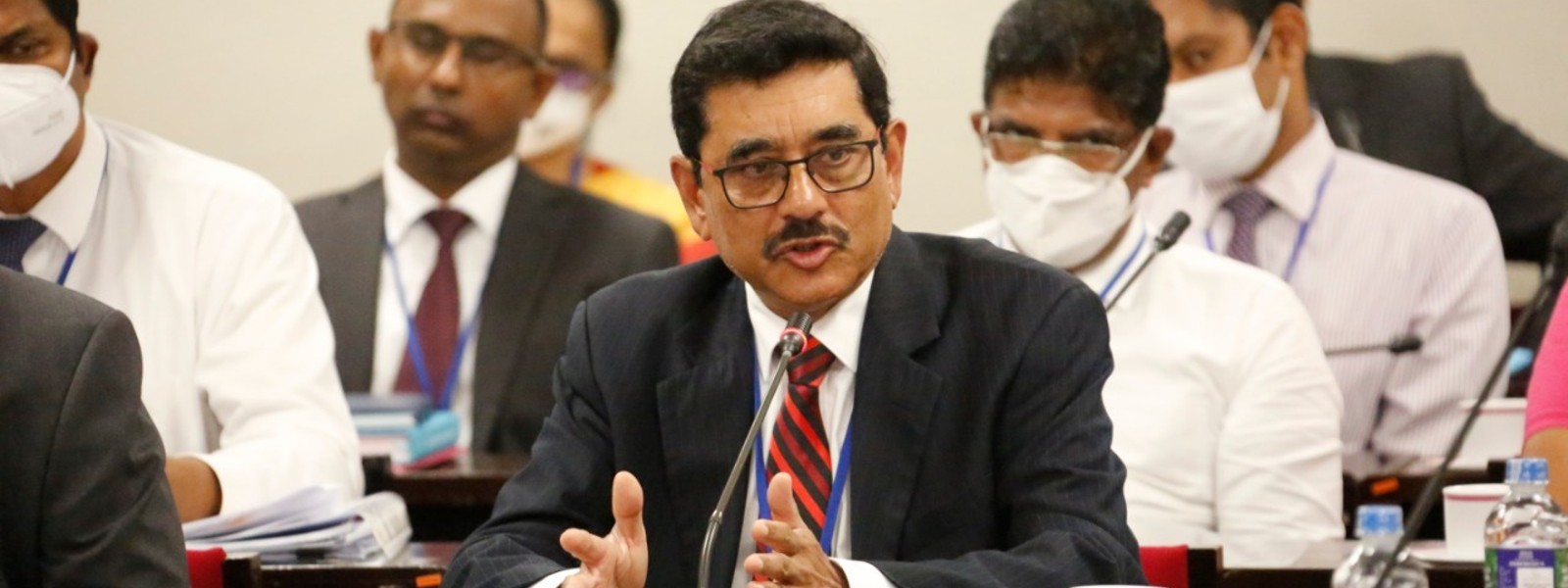.webp)

Sri Lanka may miss IMF December deadline, but will make request in January 2023 - CBSL Chief
COLOMBO (News 1st) - According to the Governor of the Central Bank Dr. Nandalal Weerasinghe, market interest rates have been tightening since last August and the Central Bank has been continuing to tighten their monetary policy since April and July of this year; Central banks engage in tight monetary policy when an economy is accelerating too quickly or inflation is rising too fast. He predicts that although inflation had climbed to 70% in the last month, this month, it is expected to decline.
Sri Lanka seen slight depreciation of inflation since the last weeks of September and this has been controlled and stabilized by the restrictive monetary policy. There was also some uncertainty about debt restructuring and our lack of stabilization (necessary to receive the IMF loan), but now, the Central Bank predicts that there are high expectations to increase market liquidity and a reduction of inflation. Additionally, money printing has drastically reduced from 31.6 Billion Rupees in 2020, it increased to 241 Billion in 2021, however, as of this year, money printing has declined to a mere 47 billion Rupees.
Regarding Sri Lanka's pressing issue of where we are in negotiations with the IMF, the Governor assured that the Central Bank is consistently and coherently engaged in negotiations with the IMF. Despite December being the anticipated target, Sri Lanka will be unable to make it by next month and may miss this deadline. However, this definitely means that Sri Lanka will be ready to take its request to the IMF board by January 2023, he said "we don't need to wait until March to go to the IMF board. This can be done by January".
Asked how the Central Bank will manage whilst Sri Lanka awaits acquisition of the IMF loan, the Governor responded by confirming that ever since July, the country had been managing without deteriorating its national reserves and that the Central Bank has not been relying on inflows apart from a small loan from the ADB.
As of now the Central Bank awaits parliament and the cabinet to approve and ratify the Central Bank act which will grant autonomy to the Central Bank which will then become an independent monetary authority. A fundamental objective of this act is to prioritize price stability.
Other Articles
Featured News





.png )
-793492-797477_850x460-797844_550x300.jpg)









-797273_550x300.jpg)



















.gif)